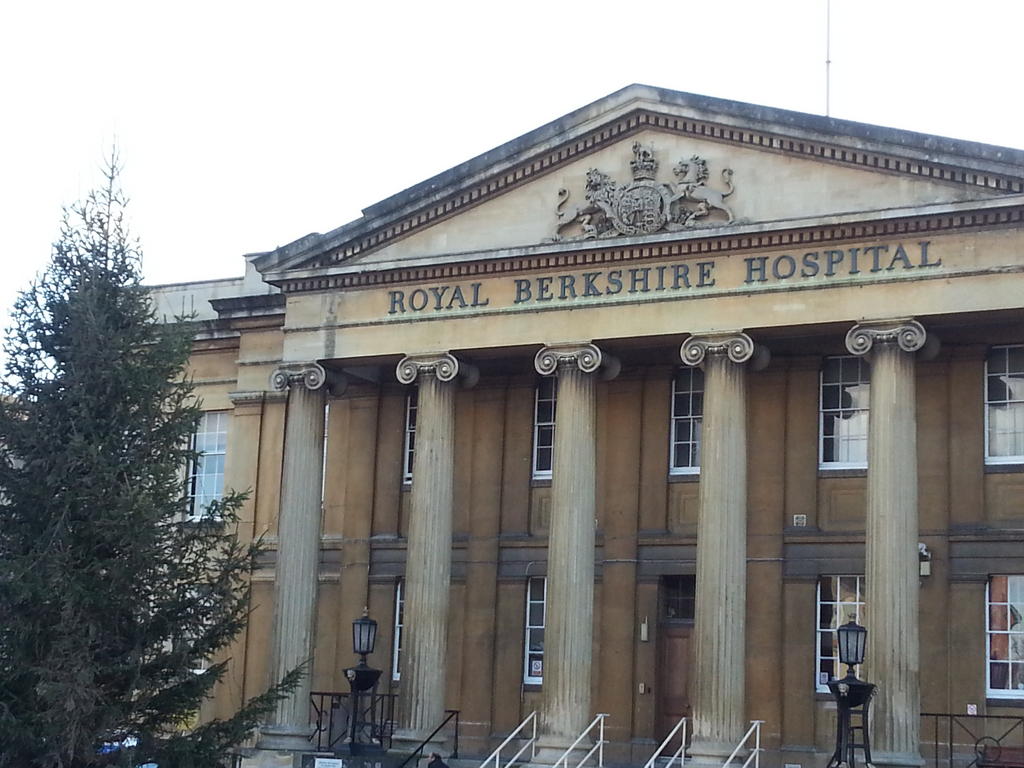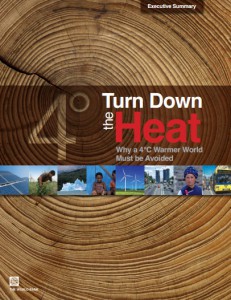Idling is something that costs money and causes unnecessary emissions. Idling is often prohibited or regulated in urban areas. By avoiding running the engine at idling speed, a motorist can save money and avoid unnecessary environmental impact.
Do not idle
• One minute of idling requires more fuel than restarting the engine.
• Ten minutes of idling requires 1.3 dl (0.13 l) fuel.
• The idling of a cold engine is an unnecessary emission of toxic fumes.
According to estimates from the Transport Administration running your engine on idle unnecessarily will increase your motoring costs by up to £100 annually. Besides the monetary cost, the car running idle out causes unnecessary emissions.
The exhaust gases that are emitted are the most toxic when the engine is newly started and cold. Scrape the windows before you start the car. Also make sure that there are no children around the car when the engine is idling. Children are more sensitive to fumes and because they are shorter, they are also closer to the exhaust pipe #footprintgallery
(In Stockholm, local health protection regulations mean that you can´t run the car engine on idle for more than a minute. The only exception to this is for vehicles that need to keep the engine running to operate a plant, such as garbage trucks.)
Idling
4 §
The legislation concerning the running of the engine of a stationary vehicle that is outside for more than a minute does not apply: if
O Traffic conditions cause vehicles to stay in a traffic queue
O The engine is kept running to the extent required for the vehicle’s efficient use, or to power plant other than those related to heating. The best technology from an environmental and health protection should be used.
An immediately idling ban, however, is required for vehicles stopped at a bridge opening.
Violation can result in a fine
If a violation of the one minute rule for idling is noted, the incident can be reported to the police. The matter is then investigated by a public prosecutor. Conviction can result in a fine. If you see someone running the car engine at idle for more than a minute, you can report this to the police by phone XXY XY.



